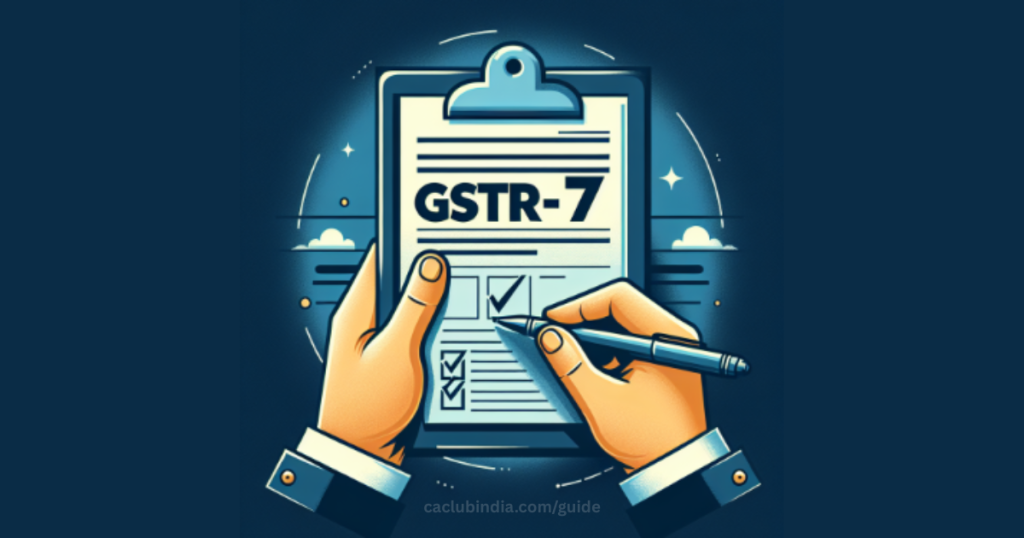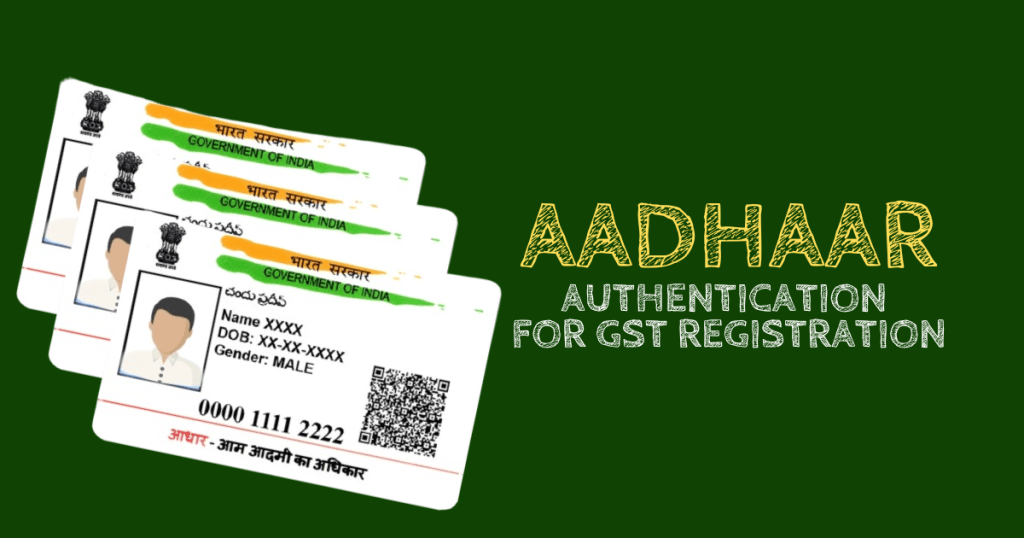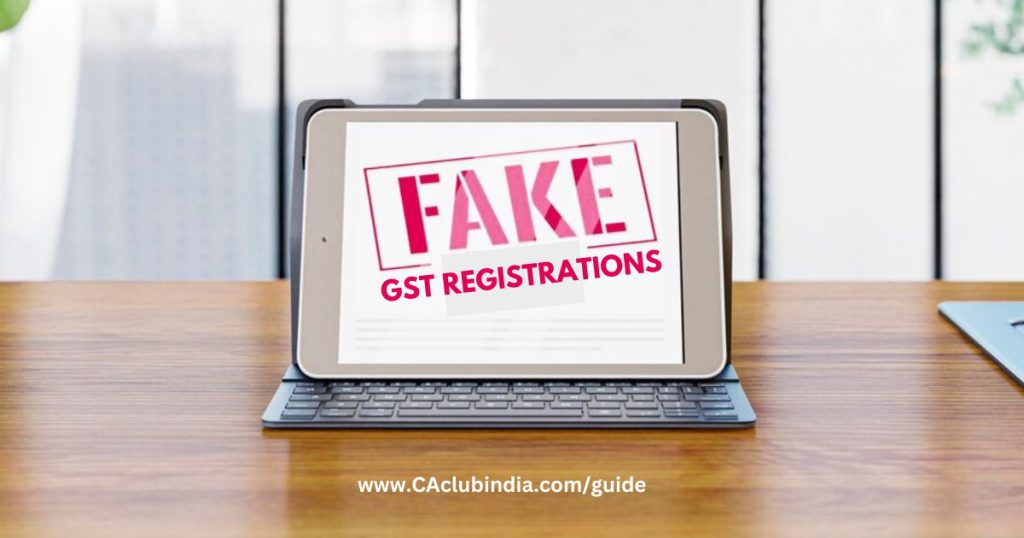What is GSTR-7?
GSTR-7 is a month returns filed by the individual who are required to deduct TDS.
Who can deduct TDS under GST?
Following individuals or entities are required to deduct TDS under GST:
- Central or state government department or establishment
- Local authority
- Governmental agencies
- An authority or a board set up by an act of the Parliament or a State Legislature or established by Government in which government holds 51% equity or control.
- A society established by the Central or any state government or a local authority and the society registered under the Societies Registration Act, 1860.
Due date of GSTR-7
The filing of GSTR-7 for a month is due on the 10th of the next month.
Penalties for Non-Compliance
Late Fee:
A penalty of ₹200 per day (₹100 CGST + ₹100 SGST) will be charged if you miss the deadline to file your GSTR-7 return.
The maximum late fee is capped at Rs. 5,000. So, even if you’re late by many days, you won’t pay more than Rs. 5,000 in late fees.
Interest on TDS
You are also need to pay interest at 18% per year on the TDS amount you owe.
This interest is calculated starting from the day after the due date until the day you actually make the payment.
Non-Filing
Continued non-compliance may lead to legal action, monetary fines, and a negative impact on financial credibility, potentially affecting eligibility for business loans.
Consequences of Accepting Wrong GST TDS Credit
Lets us understand the consequences with an example:
Mr. A is a deductor who deducted ₹3 lakh as TDS instead of the correct ₹2 lakh from Mr. B (deductee).
Impact of Acceptance by Deductee
If Mr. B accepts the incorrect ₹3 lakh TDS on the GST portal then, Mr. A loses the ability to amend the TDS return and claim a refund.
What is the Right Approach?
Deductee should reject incorrect TDS entries. This enables the deductor to correct (amend) the return and claim a refund of the excess TDS.
Refund Blocked Despite Deduction
Many deductees accept the TDS without verifying the amount, which blocks rectification and refund for the deductor.
Can the Deductor Get a Refund If TDS Was Claimed by Mistake?
No, once the deductee claims TDS, the deductor cannot claim a refund.
Once accepted, the excess TDS reflects in the deductee’s cash ledger, even if it doesn’t belong to them.
Some deductees utilize the wrongly credited TDS amount in GSTR-3B to pay their actual tax liability, creating complications.
If wrong TDS is used in 3B, the deductee can only claim a refund after depositing the same amount again from their bank account to justify the refund trail.
Clarity from Government
There is no clarity from the government on how to handle such situation once the wrong TDS is accepted and utilized.


